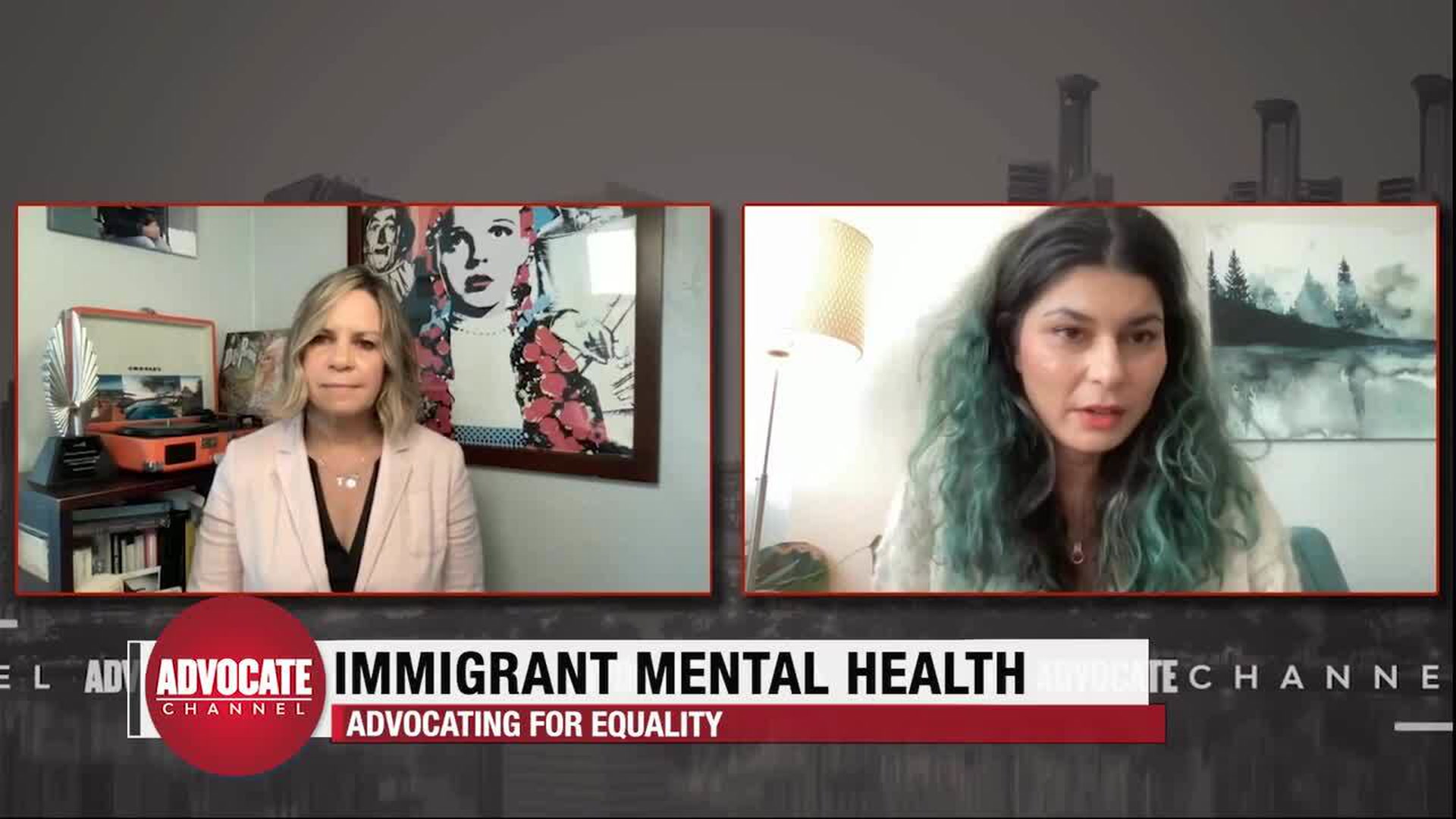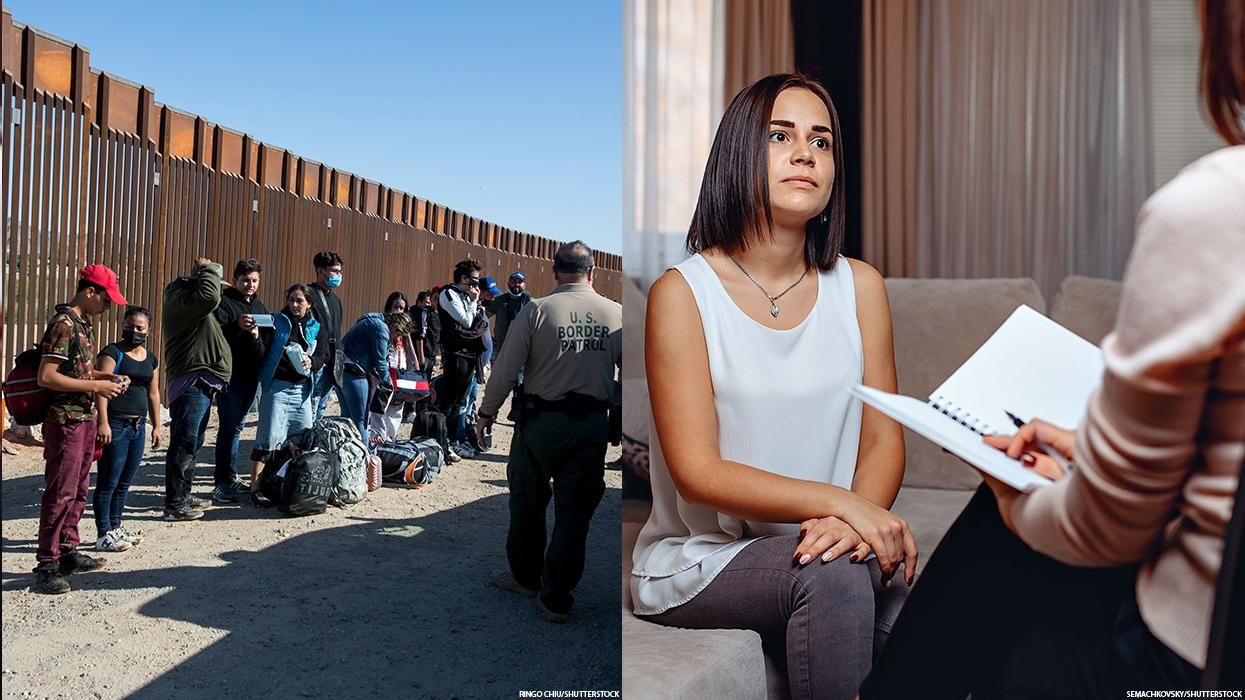With immigrant and LGBTQ+ communities under unprecedented attack by conservatives, founder of Prospect Therapy Sara Stanizai recently sat down with Tracy E. Gilchrist of Advocate Today to discuss how queer immigrants can create safe spaces for themselves, and take care of their mental health.
Despite resources existing for LGBTQ+ individuals and separate resources being available to immigrant communities, Stanizai says the intersection of both is important for queer immigrants as "half of the story is not being told when you go into one or the other of those spaces."
"Sometimes the refugee support is maybe more religious, or maybe they're not as comfortable, or familiar, or fluent to talk about identities around queerness and trans-ness. So we have to hide that part of ourselves," she explains. "Similarly, in a lot of the queer-focused nonprofits, there isn't always a diversity of experience, not just of culture and class but of being displaced. So, in both of those settings, I think what causes the internal conflict for people is that 'I have to hide half of myself in order to get the help that I need.'"
The months ahead of the upcoming midterm elections have been packed with an unprecedented amount of anti-LGBTQ+ legislation, from school boards banning queer books to lawmakers restricting transgender healthcare. On the other side, anti-immigration practices continue to harm the well being of immigrant communities. According to Stanizai, queer immigrants are under attack for all aspects of their identities.
She continued: "I'm really thinking about the times within my own community, and what I hear from others as well, that we've actually been harmed by our own people. Maybe for being queer, for not assimilating in the correct way, there's a lot of classism and a lot of colorism— those things exist. It's really tragic when it's within our own circles that we experience those things. So, we feel like we can't turn inward. We can't within our own families and extended families. So, what is left to us but to go outward? And the dominant culture doesn't understand us, has these old narratives about who we are, who we're supposed to be...We realize that's not a safe space either."
Stanizai urges LGBTQ+ and immigrant patients to be unashamed in asking for help, and to keep their minds open to treatment from their healthcare providers. While it may take time to make progress on their healing journey, there are countless professionals who are ready to try.
"One piece of advice is, don't get hung up on what you think you want...Be open to trying something unexpected," she says. "People from all communities can help each other, it's really about the right fit. So, my best piece of advice is to consider something you may not have considered."
Watch The Advocate Channel 's full interview with Stanizai below.



















































